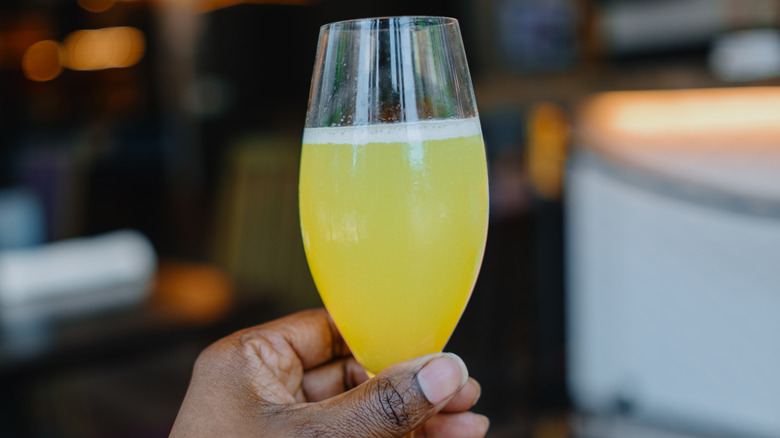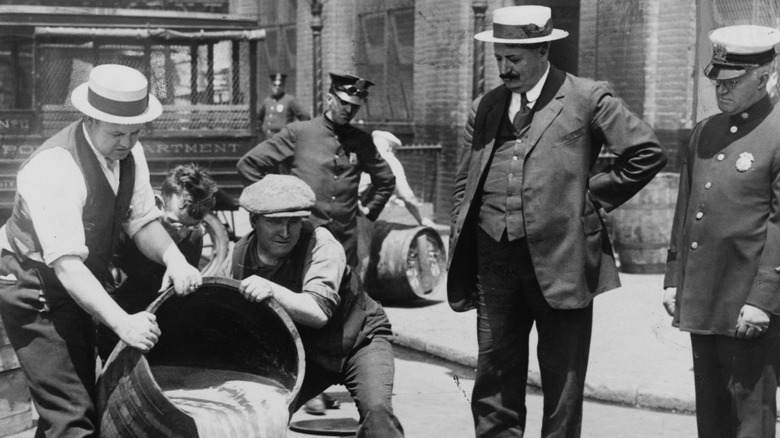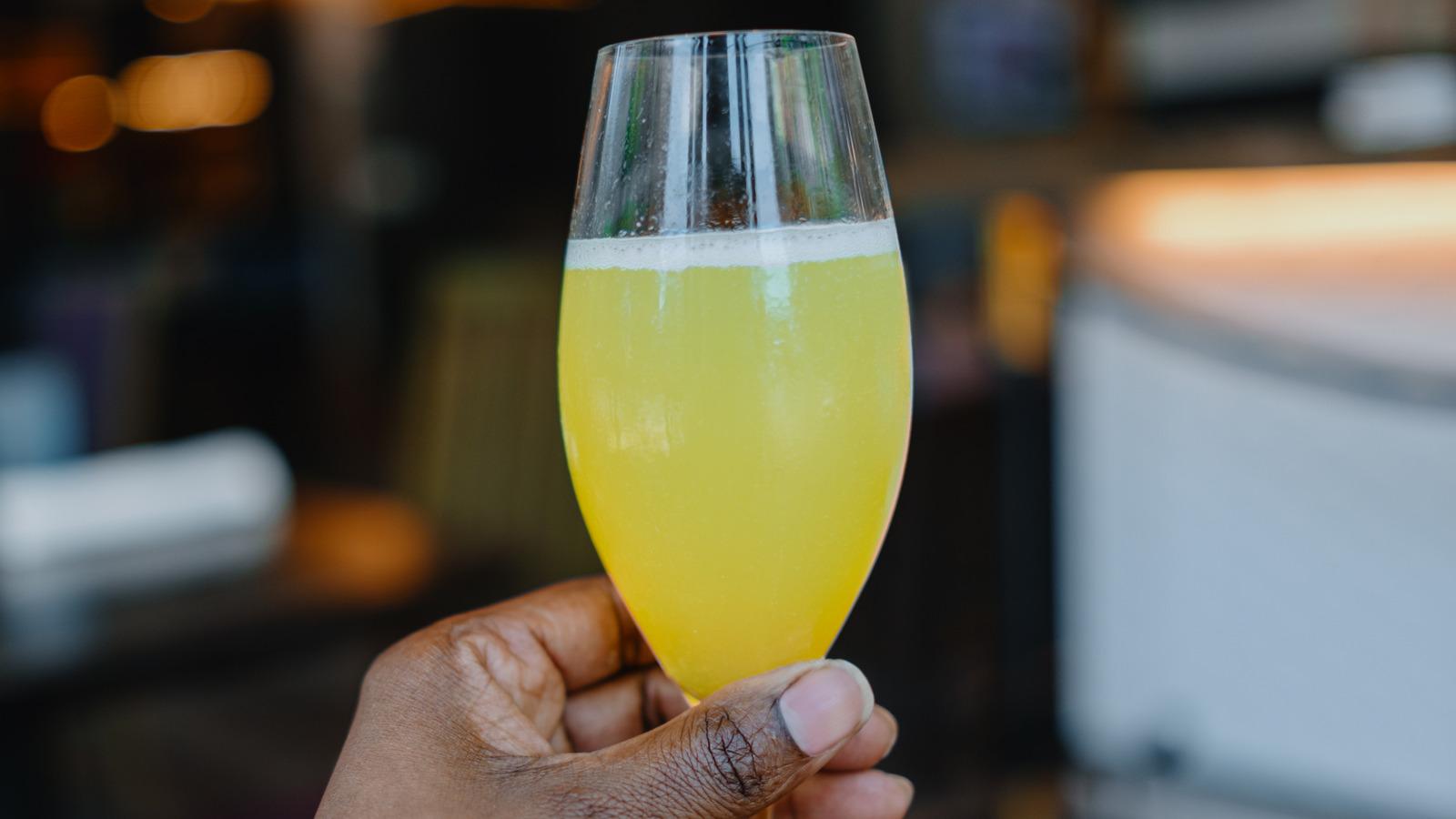
Grace Cary/Getty Images
If you know anything about recent history, you're aware that 2016 was a politically polarizing year, to say the least. However, amidst the turmoil, in September New York's then-governor Andrew Cuomo made one move with the potential to please Americans across political aisles: he signed a law nixing New York's longstanding restrictions on serving alcohol before 12 p.m. on Sundays.
Affectionately nicknamed the "Brunch Bill," the measure permitted restaurants to start pouring drinks as early as 10 a.m. on Sundays. This was good news for fans of mimosa-laden weekend brunches, who previously had to wait until noon to get started. For restaurants outside of New York City, there was more good news. In case of special events, establishments could apply for one-day permits allowing them to start serving booze at 8 a.m.
New York's regulations regarding alcohol are among the weirdest food laws in the United States. The Brunch Bill put to rest over 80 years' worth of constraints. Why the change? Part of it was, of all things, soccer fans. Given soccer's international appeal, differing time zones meant fans were hitting up bars at earlier hours. Unfortunately, due to restrictions, soccer aficionados were out of luck if they wanted a beer or two on game day. The law also received considerable support from restaurant and bar lobbies that felt New York's longstanding rules stymied business growth.
Prohibition shaped some of New York's strange alcohol rules

Buyenlarge/Getty Images
As with many of the oddest food laws around the world, New York's relationship with alcohol is rooted in its history. Many laws about alcohol date back to Prohibition. While booze was technically illegal, speakeasies ran rampant during the 20s, with New York City being a hotbed for illicit establishments. Given these businesses were off-the-radar, they were entirely unregulated, rendering the city's drinking culture somewhat of a wild west. Once Prohibition ended, New York needed to reckon with its relationship with alcohol, and stricter guidelines followed.
The reverberations of New York City's Prohibition-era regulations were long lasting, with the former ban on serving booze before noon only one example. New York also delineates strictly between alcohol distributors, who supply alcohol wholesale, and sellers, a category that includes bars and liquor stores. There are distinct and sometimes confusing limitations about when differing establishments can legally sell alcohol. Grocery stores, for instance, can sell alcohol 24/7, but liquor and wine stores can only sell within certain timeframes.



